Ahead of the expected high temperatures in Ireland, Clare County Council is advising members of the public to be aware of a number of key safety messages.
The National Directorate for Fire and Emergency Management (NDFEM) Crisis Management Team (CMT) has been liaising with Met Éireann in regards to the high temperatures forecast for this week and has issued guidance to local authorities.
The NDFEM CMT has been in contact with Government Departments, agencies and local authority Severe Weather Assessment Teams, and a number of public safety messages during this period are outlined below.
Met Éireann Weather Warning
Met Éireann has issued a Status Yellow – High Temperature warning for Leinster and Munster and a High Temperature Advisory for Ireland. Ireland will experience a hot spell developing from Wednesday and continuing through the rest of the week and the weekend. Daytime temperatures will widely reach the mid-to-high 20s. Remaining uncomfortably warm overnight too. Please see www.met.ie/forecasts for updated information.
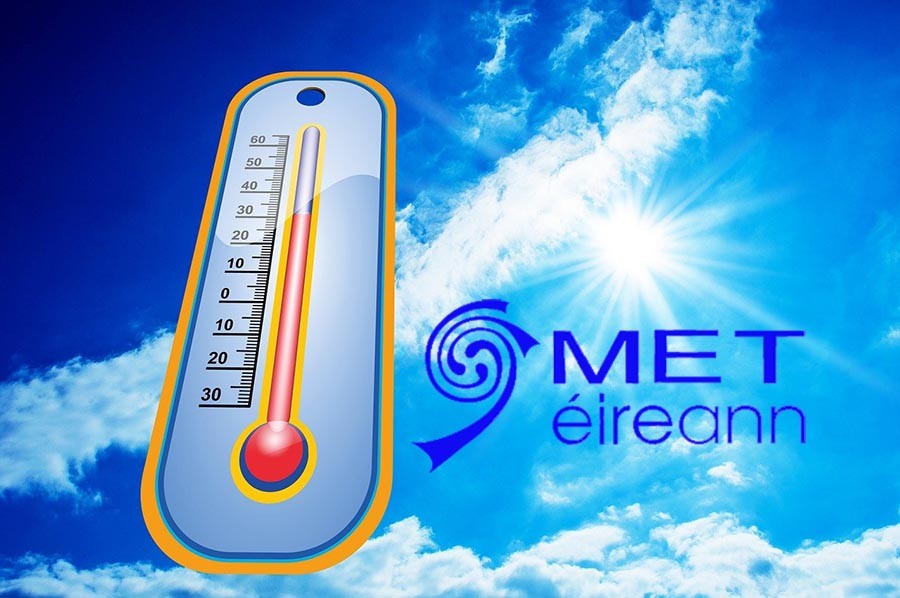
Possible impacts:
Heat stress, especially for the more vulnerable persons
High solar UV index
Risk of water-related incidents.
Irish Coast Guard
Throughout this holiday period, the Irish Coast Guard is advising people to check out the ‘Be Summer Ready’ information on: gov.ie/summerready – safety on the water.
The Coast Guard reminds everyone to be mindful of forecasted high temperatures and follow ‘Be Summer Ready’ advice on gov.ie – safety on the water
Be Alert to Water Safety. Only swim in lifeguard protected beaches or beaches with which you are familiar. Never swim alone and ensure that your activity is being monitored by a colleague
No Lifejacket – No Excuse. Always wear a fully serviced lifejacket/PFD if you are engaging in any form of boating/canoeing or coastal fishing. See gov.ie – safety on the water
Stay Afloat – Stay in Touch. If you are proceeding on open water always carry a means of communication, preferably a VHF radio and PLB. Don’t simply rely on a mobile phone on its own
Leave inflatables at home, inflatable toys are not safe for persons to float upon in open water and never be tempted to swim out after a floating toy. Always supervise children closely to ensure that they never use inflatable toys in open water
Remember just because an open water area looks calm and peaceful it does not mean that is safe for swimming
If you see somebody in trouble on the water or along the coast or think they are in trouble, use Marine VHF Ch 16 or Dial 112 and ask for the Coast Guard.
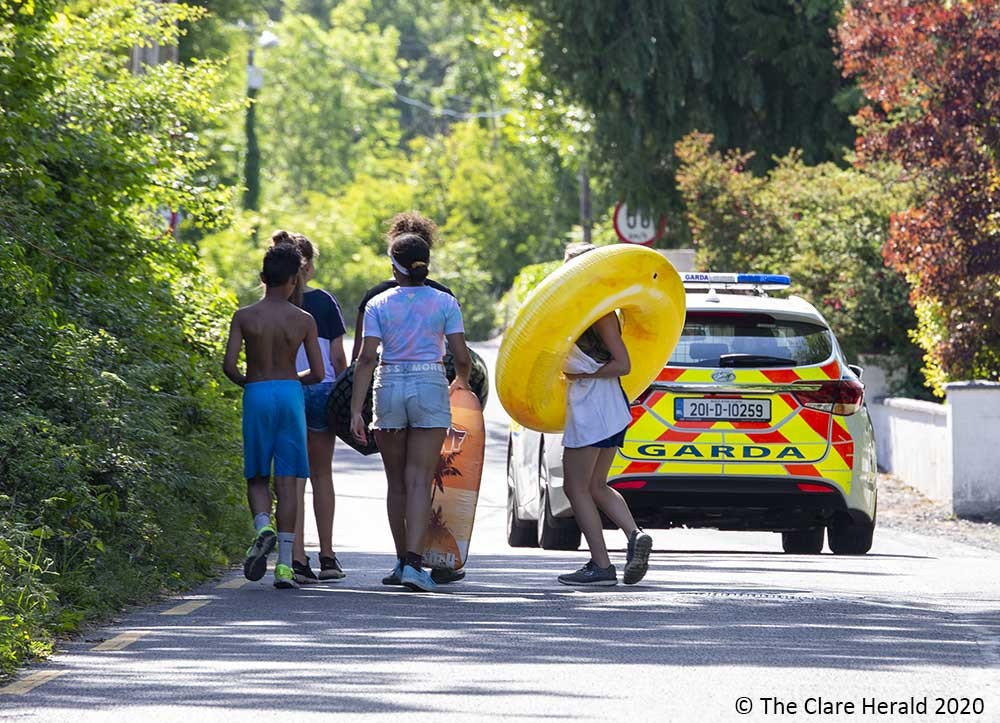
Water Safety Ireland
The locations of lifeguarded waterways are available at: https://watersafety.ie/lifeguards/
Learn how to escape a rip current: https://watersafety.ie/rip-currents/
Never use inflatable toys in open water
Swim within your depth so that you can stand up if necessary: https://youtu.be/K_MC6kK8vUs
Health Service Executive
The HSE has provided advice on those who are particularly vulnerable. Heatwave conditions can affect any of us, but those most at risk are:
Babies and children
People >65 years old
People with underlying health conditions including problems with breathing, heart, kidneys and diabetes
People with Alzheimer’s and dementia
People who spend a lot of time outside or in hot places – those who work outdoors or the homeless.
How to keep cool:
Minimise unnecessary heating – turn off central heating, electrical equipment and lights that are not needed
Keep out the sun between 11am to 3pm – stay in the shade or cover windows exposed to direct sunlight
If you have to go outdoors, protect your skin by using shade, wear clothing that covers the skin, a wide brimmed hat, sunglasses and sunscreen of 30+ for adults and 50+ for children
Use natural ventilation such as open windows when the air feels cooler outside than inside (e.g. at night) and where it is safe, secure and feasible to do so
Increase air flow through buildings wherever possible
Evaporative cooling – dampening your skin may help keep you cool
If you are using air conditioning, make sure it is using a fresh air supply, which is important to prevent spread of Covid-19
Electric fans need to be used with caution, as they may not be safe for higher temperatures and should not be used where a person may be incubating or a case of Covid-19.
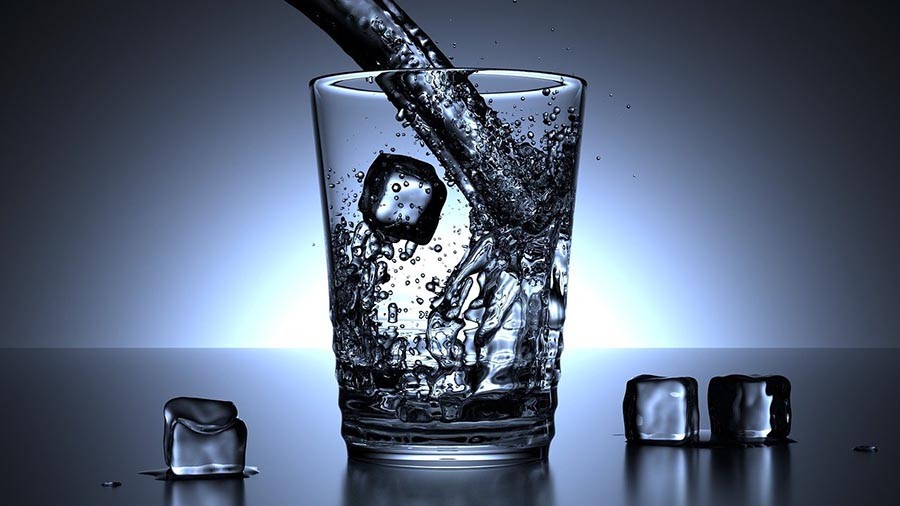
Way to stay hydrated:
Make sure you have enough water to drink
An adult needs approximately 2 litres of water over 24 hours. This may be less for smaller people or those with medical conditions
Drink more fluids when you feel any dehydration symptoms. The best fluids to drink are water or oral rehydration sachets – chat to your pharmacist about how to use these safely
Drink enough during the day so your urine is a pale clear colour.
Carers – making sure someone drinks enough:
The person you are caring for may not have a sense of how much they’re drinking. To help them:
Make sure they drink during mealtimes
Make drinking a social thing, like ‘having a cup of tea’
Offer them food with a high water content – for example, ice cream or jellies, or fruits like melon.
When to get medical help:
Contact your GP or the ED if you are unwell and especially if you are showing signs of serious dehydration that need urgent care:
Are confused and disorientated
Feel very dizzy
Have not peed all day
Feel like your heart is beating fast
Have fits (seizures)
Are caring for someone who is drowsy or difficult to wake.
These can be signs of serious dehydration that need urgent treatment.
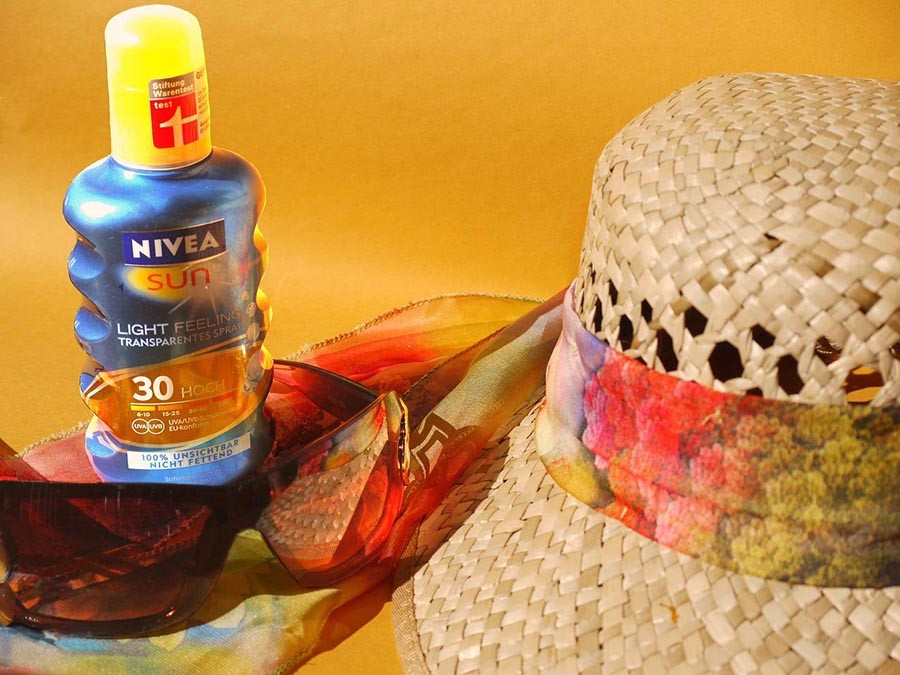
Be Prepared, Be Sun Smart
Skin cancer is the most common form of cancer in Ireland, yet it is largely preventable by protecting skin from ultraviolet (UV) radiation. Be prepared. Follow the Healthy Ireland SunSmart 5 S’s:
Slip on clothing: Cover skin as much as possible, wear long sleeves, collared T-shirts
Slop on broad-spectrum (UVA/UVB) sunscreen: Apply sun protection factor (SPF) of at least 30+ for adults and 50+ for children, with high UVA protection and is water-resistant. Reapply regularly. No sunscreen can provide 100% protection, it should be used alongside other protective measures such as clothing and shade
Slap on a wide-brimmed hat. Protect your face, ears and neck
Seek shade: Especially if outdoors between 11am to 3pm. Sit in the cover of trees to avoid direct sunlight. Use a sunshade on your buggy or pram. Keep babies and children out of direct sunlight
Slide on sunglasses.
Don’t forget: If you work outdoors follow the ‘Be Sun Smart’ advice.
Never leave children or pets in a car.
Department of Agriculture
Members of the public and visitors to recreational areas should co-operate with all requests regarding fire safety, obey all relevant bye-laws and be considerate in parking vehicles so as not to impede access by emergency vehicles.
Where fire outbreaks occur at or near recreational areas the following actions should be taken by visitors in the interests of safety:
Do not light fires in and around forests or open land
Do not attempt to intervene or fight fires under any circumstances
Gather all family/group members and move to a safe fuel-free location such as a car park, upwind of the fire
Telephone Fire Services via 999 or 112 and report the fire and its location
Evacuate if instructed to do so, and cooperate with all Emergency Service Instructions.
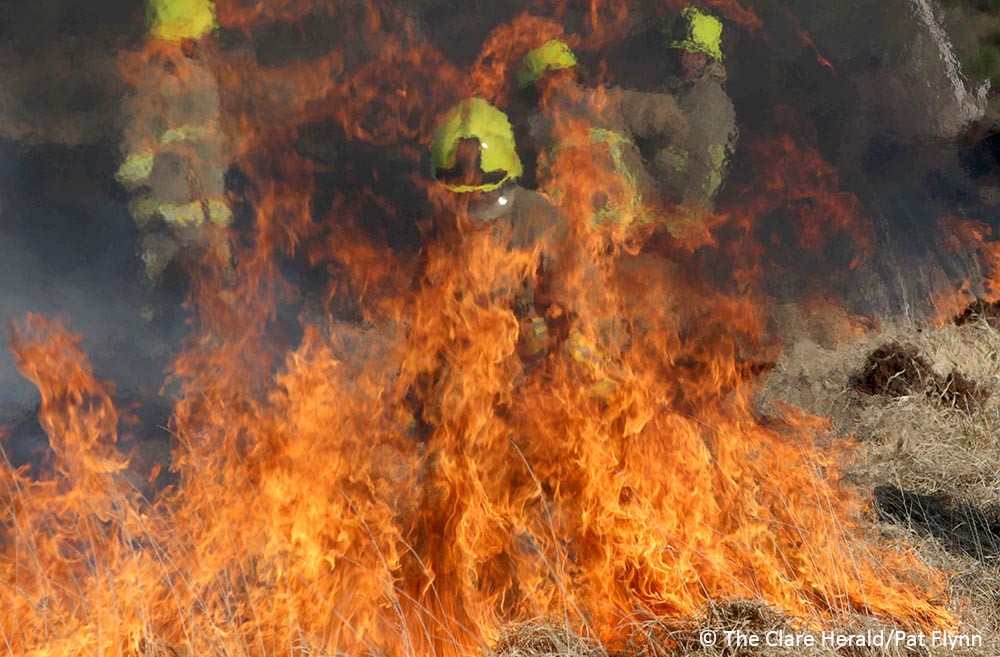
See Fire Danger Notices here.
Updated fire weather information can be found here.